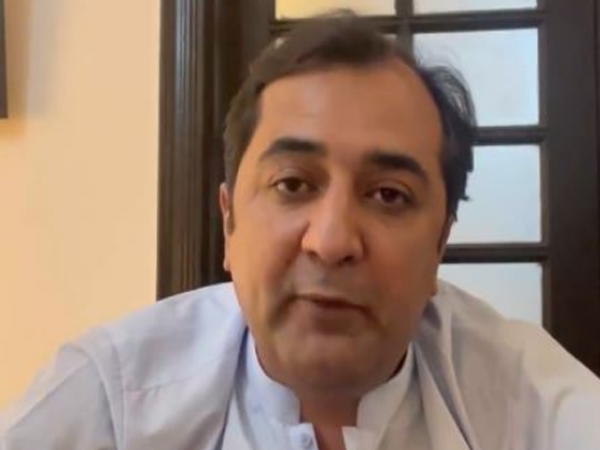Asia eyes US midterm elections with anxiety, hope
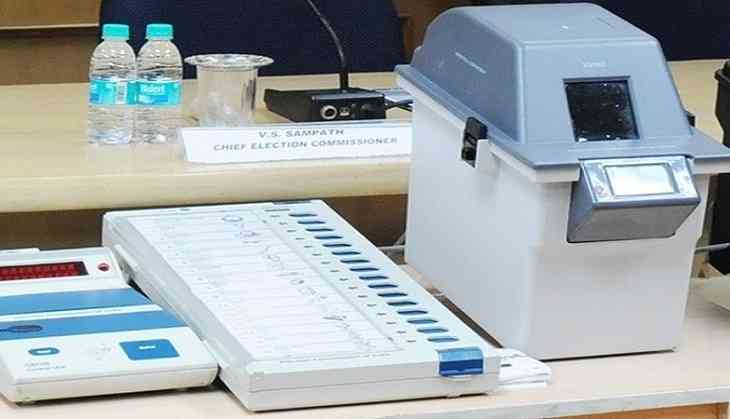
Hope and anxiety hang over Asia and north Asia in particular ahead of Tuesday's US midterm election.
President Donald Trump has shaken up Asia, as he has much of the world.
Now Beijing, Seoul and other Asian capitals are waiting to see if the Democrats wrest control of at least one house of Congress from the Republicans and whether that would significantly alter US foreign policy and trade initiatives.
In South Korea, the concern is that Trump might sour on North Korea after months of bold engagement.
For China, the hope is he might be forced to ease off on trade.
A look at how the election is being watched in China, South Korea and Japan
While the Chinese public does not focus much on US congressional elections in most years, it is now, thanks to Trump's policies toward China, said Yu Wanli, an expert on US studies at Beijing Language and Culture University.
"People are hoping that the result of the election could change China-US relations," Yu said.
The world's two biggest economies have been throwing escalating import tariffs at each other since March, unnerving global markets.
Trump accuses Beijing of trying to steal US intellectual property and unfairly protecting its domestic market and state-run companies.
Speaking at the United Nations in September, Trump even alleged Beijing was seeking to meddle in the midterm election, saying it doesn't want the Republicans to do well because of his hard line on trade.
Trump did not provide evidence for his allegation, which was rejected on the spot by Chinese Foreign Minister Wang Yi.
There's hope in China that a political setback for Trump could soften some of his policies toward Beijing.
But Su Hao, a professor at China Foreign Affairs University, said a Democratic victory wouldn't bring fundamental changes to Trump's policies on China beyond a level of containment.
"The Republican Party and Democratic Party share similar attitudes and views on China," Su said.
If the Republicans fail to win ... it could possibly create some kinds of containment to Trump, but it definitely won't have a fundamental impact on relations."
Likewise, Japanese expert Hiro Aida doesn't see a significant change in trade policy.
Japan has been forced to enter trade talks with the United States following Trump's threat to impose tariffs on imported cars and auto parts, which alarmed Japanese automakers.
A Democratic victory "would come with more leftist Democrats," said Aida, a global studies professor at Tokyo's Aoyama Gakuin University.
"They may be as protectionist in trade matters as Trumpist Republicans."
Trump could lose the political capital to push ahead with his North Korea policy if the Democrats gain control of the House and the Republicans keep only a slim majority in the Senate, some South Korean experts believe.
Democratic congressmen have criticised Trump's outreach to North Korea and his flattery toward leader Kim Jong Un as a counterpart, saying he gave the gift of legitimacy to Pyongyang without getting any tangible return on denuclearisation.
A House controlled by Democrats might investigate Trump's North Korea policies and demand more information about the North's nuclear program and motivations.
Trump is already showing signs of slowing the pace of his diplomacy with North Korea, and anything short of a huge Republican victory could force him to pivot closer to the party's mainstream on North Korea issues, said Du Hyeogn Cha, a visiting scholar at Seoul's Asan Institute for Policy.
While Trump continues to issue bullish predictions about his North Korea policy, he recently said he won't play a "time game" with the North over a denuclearisation deal, and his national security adviser, John Bolton, said a second summit with Kim would be pushed back to 2019.
"Trump seems to think that time is on his side as long as he maintains a firm hold on sanctions (against North Korea) and his new approach is more in sync with the Republican mainstream, which wants a tougher approach on the North," Cha said.
"The midterms could force Trump to take things even slower."
A tougher US stance on North Korea could create complications for South Korea, which has been desperate to produce the impression that progress is being made toward denuclearisation, despite growing doubts.
Kim has yet to provide a convincing sign that he's willing to deal away a nuclear arsenal that he may see as the strongest guarantee of his survival.
Aida, the Japanese professor, said that heightened interest in the election is not just because of trade and North Korea, but also reflects a broader hope for a recovery of what he called "US moral leadership."
"It is not only matters related to or affecting ourselves, but also the prospects of the future of the US with this unusual president that concerns us," he wrote in an email.
-PTI


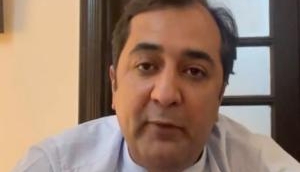
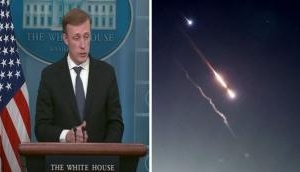
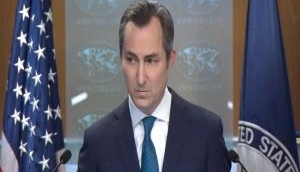

![BJP's Kapil Mishra recreates Shankar Mahadevan’s ‘Breathless’ song to highlight Delhi pollution [WATCH] BJP's Kapil Mishra recreates Shankar Mahadevan’s ‘Breathless’ song to highlight Delhi pollution [WATCH]](http://images.catchnews.com/upload/2022/11/03/kapil-mishra_240884_300x172.png)

![Anupam Kher shares pictures of his toned body on 67th birthday [MUST SEE] Anupam Kher shares pictures of his toned body on 67th birthday [MUST SEE]](http://images.catchnews.com/upload/2022/03/07/Anupam_kher_231145_300x172.jpg)






